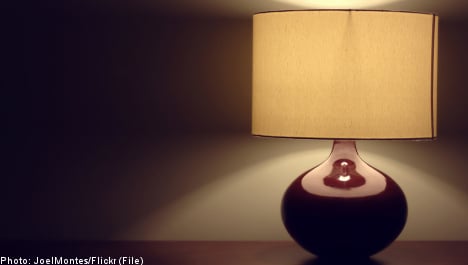According to new research from Luleå Technical University (LTU) in northern Sweden, people over the age of 65 to fall in their homes when it is dark outside.
“What’s interesting with the result regarding the number of falls tied to the amount of daylight is that no other research has shown the connection before,” researcher Irene Vikman said in a statement.
“It was an unexpected discovery.”
The study found elderly people who utilise Sweden’s home care services (hemtjänst) suffered accidental falls at a rate of 626 per 1,000 per year.
Falls are most common among people who have severe physical disabilities and require greater assistance to carry out the tasks of daily life.
The study also showed that the frequency of falls varied from month to month in a pattern which could be explained in large part by the average length of daylight for the respective months.
The shorter the days, the more falls were reported, according to the study.
While the connection between falls and daylight found in the study is new, further research is needed to better understand exactly what mechanism may lie behind the increased number of falls.
“Is it the case that the length of the days affects biological rhythms which in turn could also affect the precision of one’s motor control?” said Vikman.
While the explanation may simply be that people have insufficient lighting in their homes, it’s also possible that the trend may be related to variations in the levels of certain hormones such as melatonin, which affects human’s circadian rhythms.


 Please whitelist us to continue reading.
Please whitelist us to continue reading.
Member comments